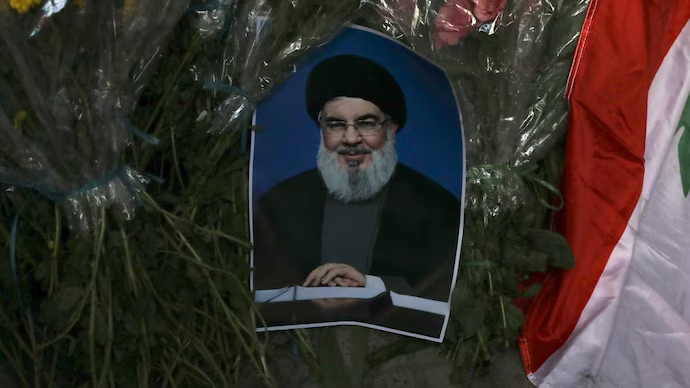FALCON POWERS – An official Israeli military source has disclosed that the cost of the war in Gaza and Lebanon over the past fifty days has reached approximately $67.75 billion, including around $12.2 million allocated for the assassination of Hassan Nasrallah and his successor.
The website “Walla” reported the source as saying, “The cost of the large bombs, each weighing a ton, dropped by Israel on the southern suburbs of Beirut in an attempt to assassinate Hezbollah Secretary-General Hassan Nasrallah amounted to 25 million shekels ($6.7 million). The cost for assassinating his successor candidate, Hashem Safi al-Din, was 20 million shekels ($5.5 million).”
The military source added that “the cost of a single day of fighting was approximately 400 million shekels (about $108.4 million), and this cost has exceeded half a billion shekels ($135 million) since the beginning of the ground invasion of southern Lebanon, with expectations for further increases soon.”
The cost of the war on Gaza has risen following the intense military operations launched by the Israeli army in northern Gaza over the past two weeks and the mobilization of additional reserve forces.
A senior official in the Israeli Ministry of Finance noted that under the current circumstances, and due to a lack of funding sources in the current budget for significant expenditures, combined with delays in the transfer of $18 billion in U.S. aid to the next budget year, it is anticipated that the Israeli government will breach the current year’s budget shortly after the Jewish holidays, at the end of this week.
The economic official stated that it will be difficult for the Israeli economy to bear an extended war in Gaza and Lebanon at its current scale, and that further escalation of the conflict and the mobilization of more reserve forces will require budgetary measures that have not been considered in recent months, according to “Walla.”
It is worth mentioning that the assassination of Nasrallah took place in just 12 seconds, while the assassination of Hashem Safi al-Din took slightly longer.


